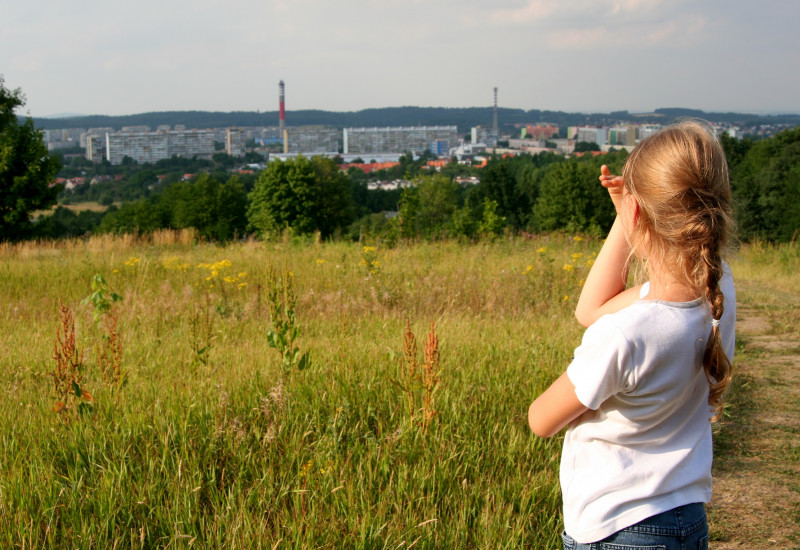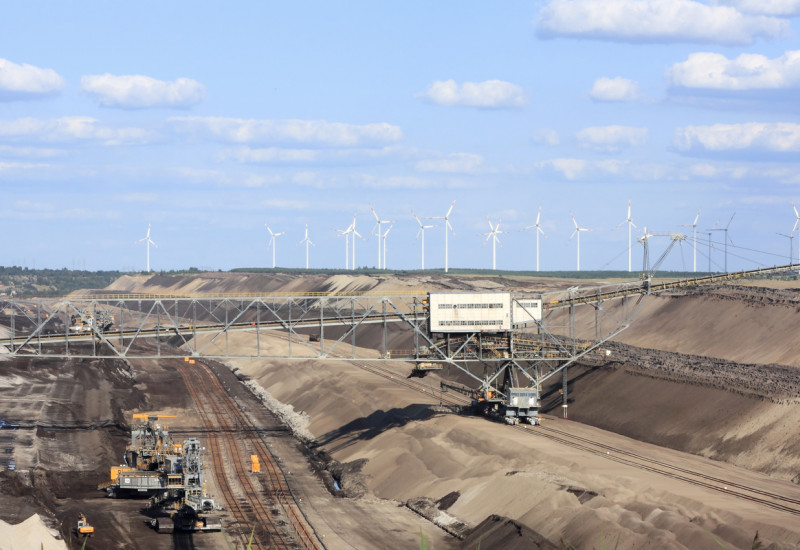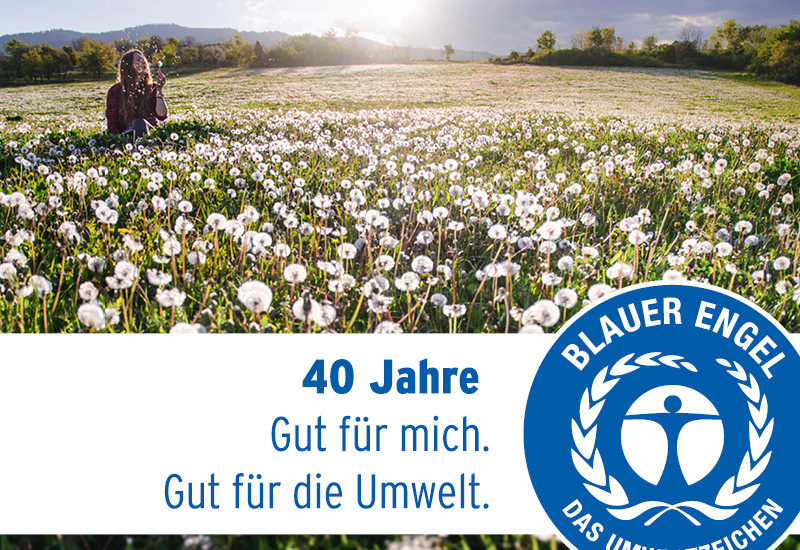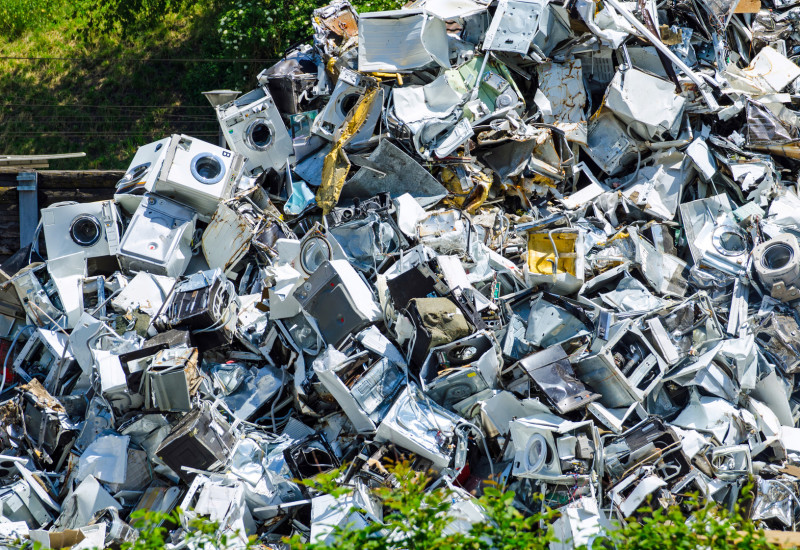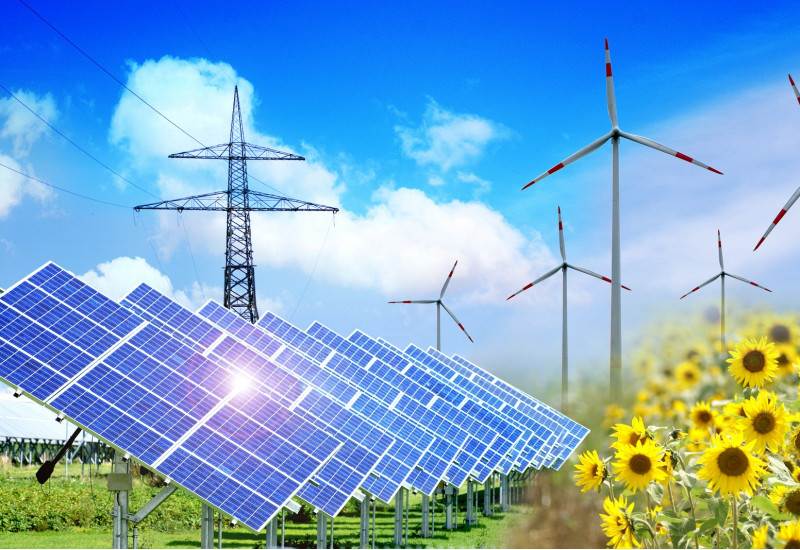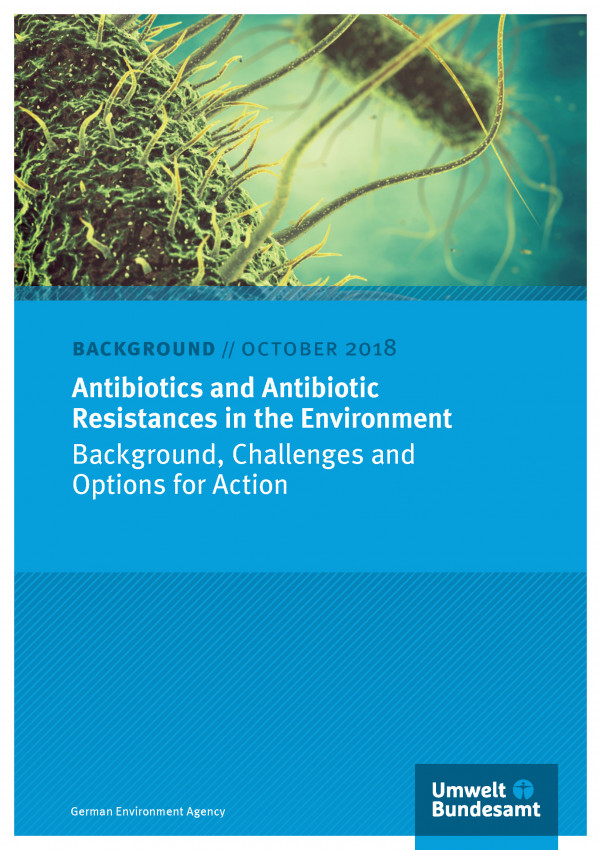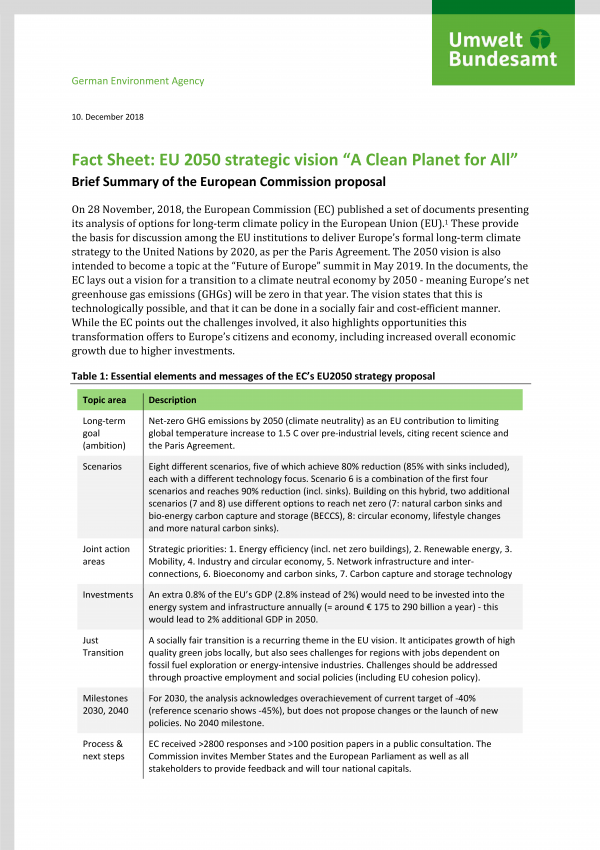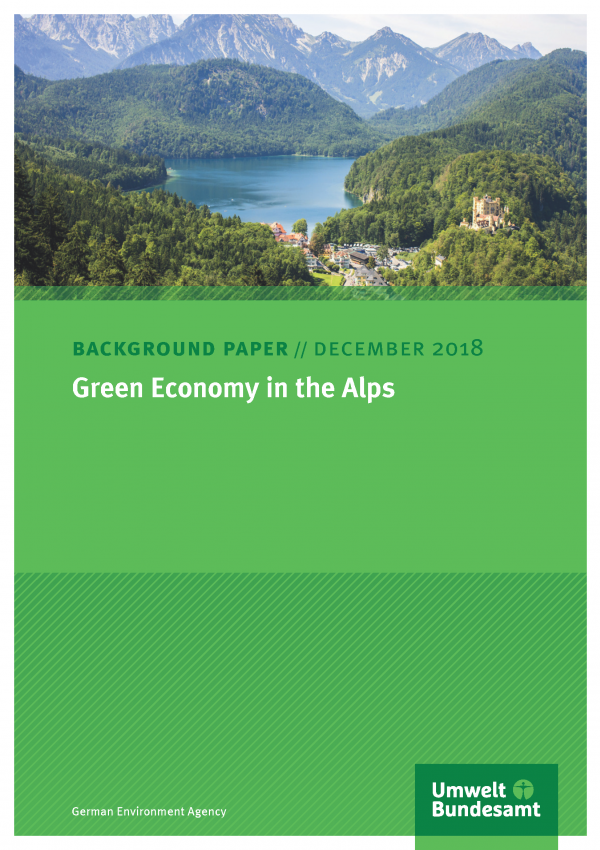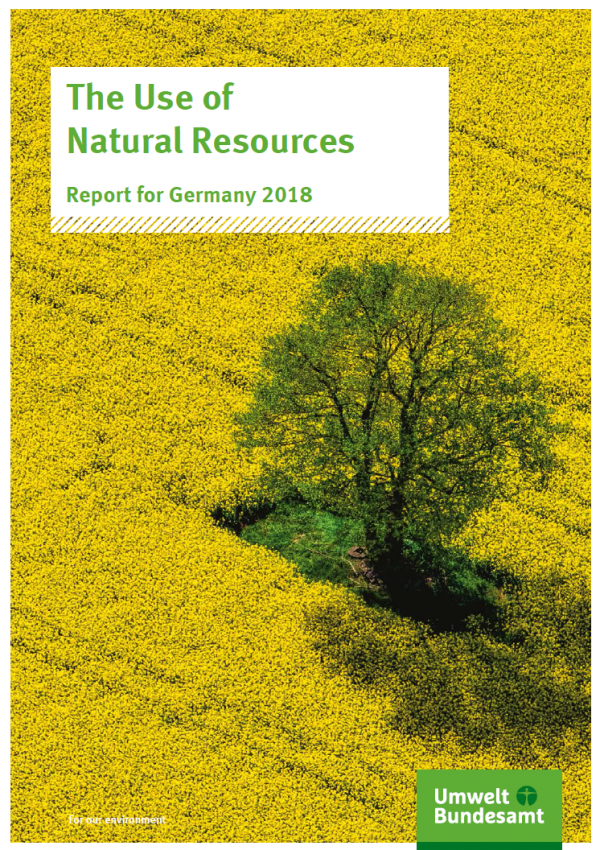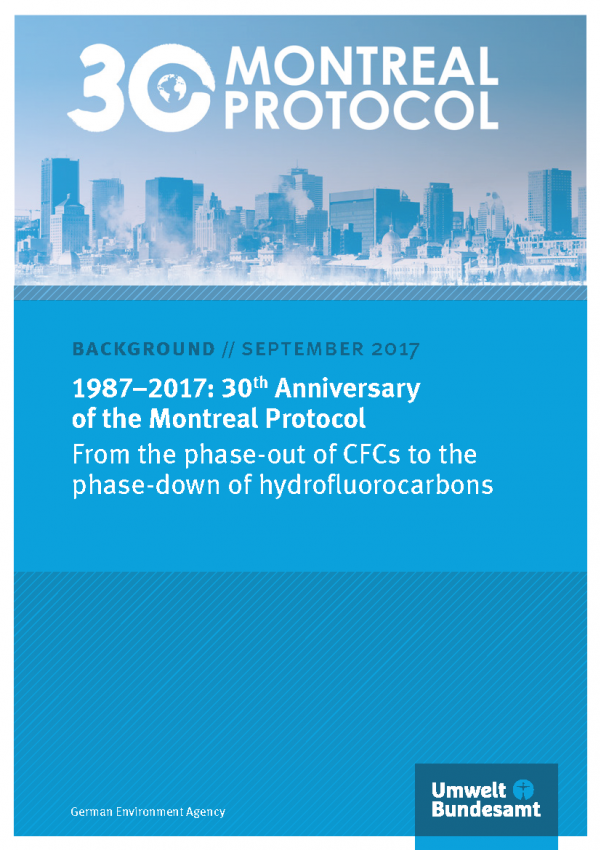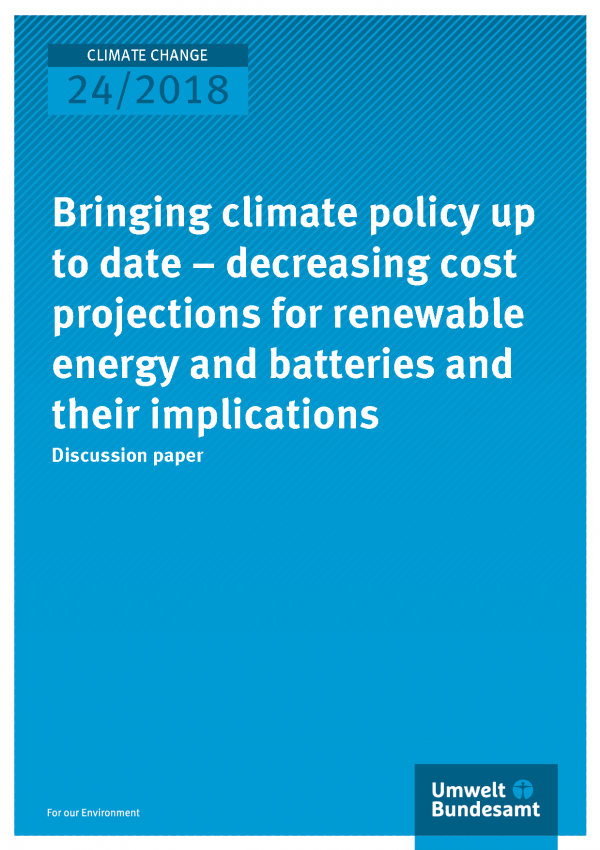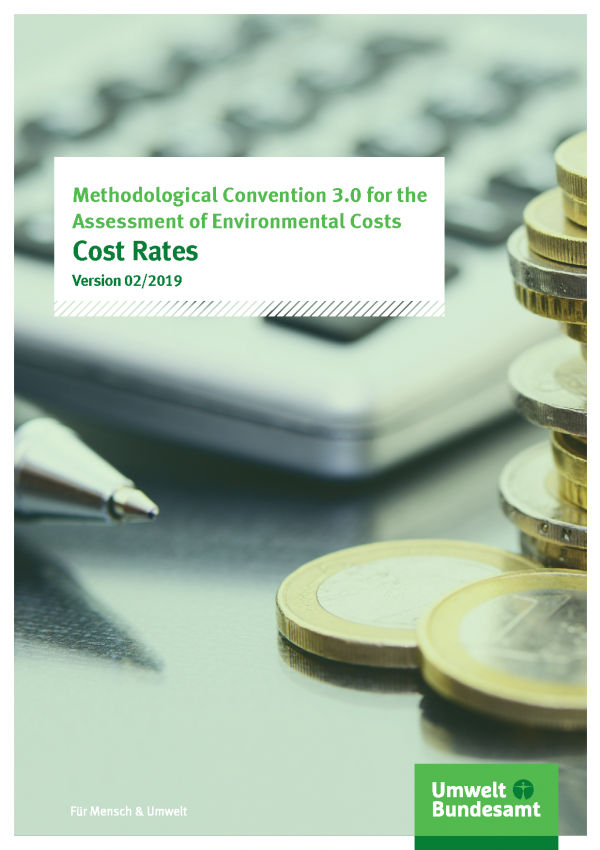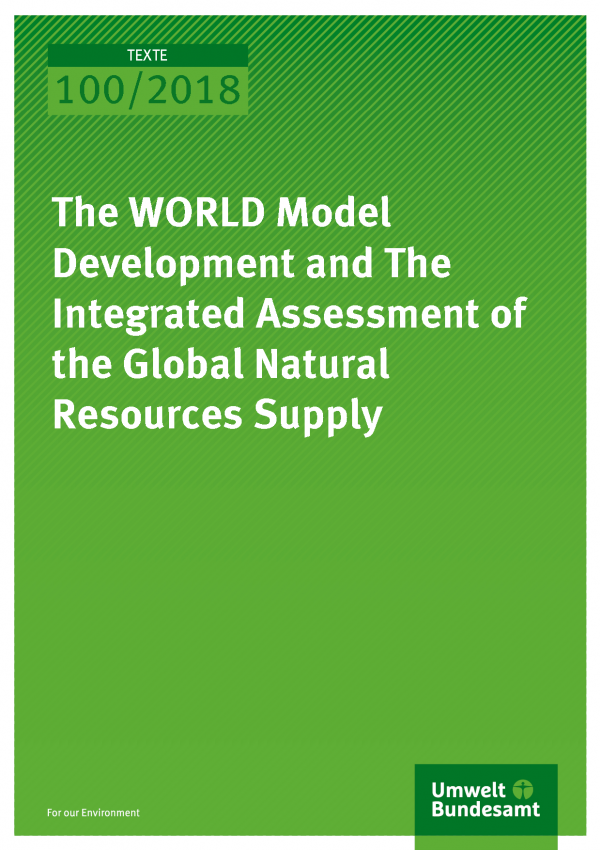Failing to protect the environment comes at a cost
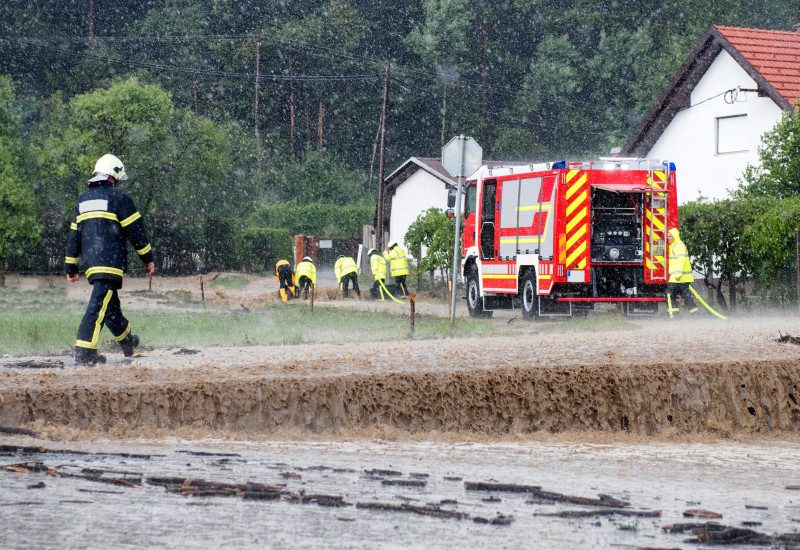
More heavy rainfall due to climate change can mean high costs in case of floods.
Source: asafaric / Fotolia.com |
Protecting the environment can sometimes be inconvenient and cost money. But it is even easier to lose sight of the costs when no action is taken, or when that which is, proves insufficient. And yet these costs are anything but insignificant. Greenhouse gases, air pollution and other environmental hazards damage our health, destroy ecosystems, cause animal and plant species to die out and create a considerable economic burden. As a result of the more frequent cases of flooding due to torrential rain and higher waters, climate change caused by greenhouse gases, for instance, is resulting in production outages, losses of harvests and damage to buildings and infrastructure.
It is possible to put a figure on the costs – at least an approximate one. In this respect, with its Methodological Convention 3.0 for the Assessment of Environmental Costs, the UBA has presented updated cost rates. Accordingly, one tonne of CO2, for example, causes damage to the value of 180 Euros. Extrapolated in terms of the total greenhouse gas emissions in Germany in 2016, that is equivalent to 164 billion Euros. The figure for particulate matter emissions (PM2.5) from road traffic, for example, is 59,700 Euros per tonne.
According to the latest figures from the UBA, with its considerable emissions of airborne pollutants and climate-unfriendly greenhouse gases, electricity generated by burning lignite in Germany in 2016 was responsible for environmental damage with a value of 31.2 billion Euros. That is equivalent to 20.81 Cents per kilowatt hour. By way of comparison: one kilowatt hour generated by wind energy results in an environmental cost of just 0.28 Cents. President of the UBA, Maria Krautzberger: “The steps for protecting the environment and our climate will enable us and future generations to make several billion Euros of savings through lower levels of damage to the environment and human health. This is something that we shouldn’t forget in the discussions on air pollution control or the phasing out of coal.”




